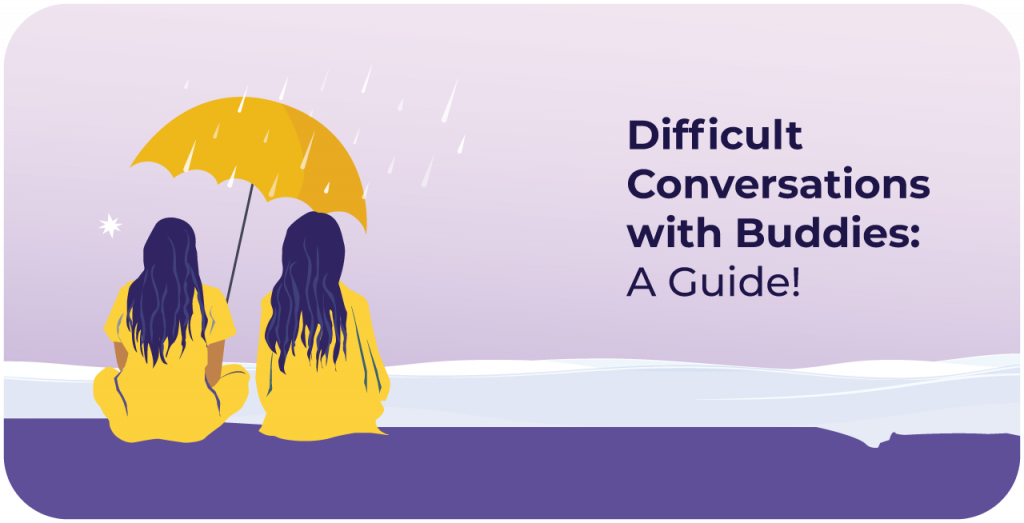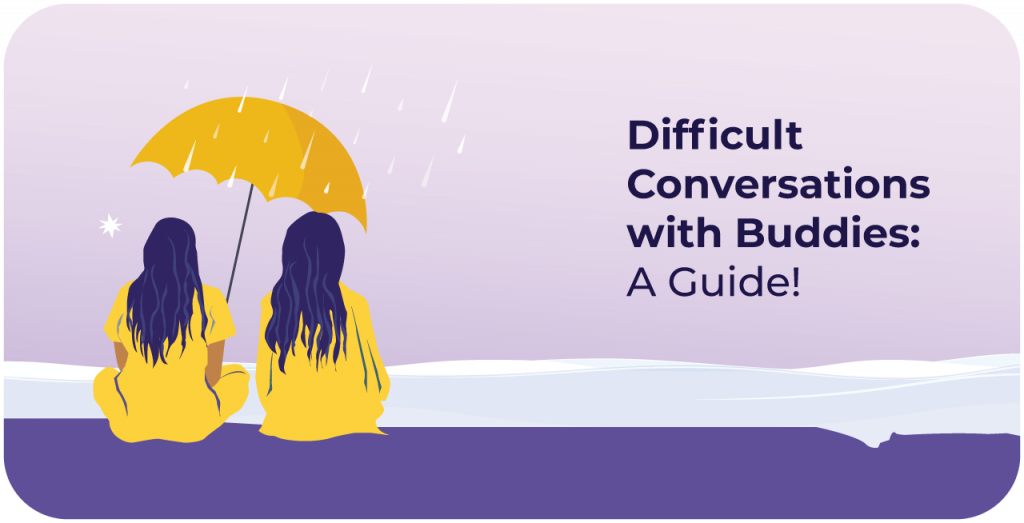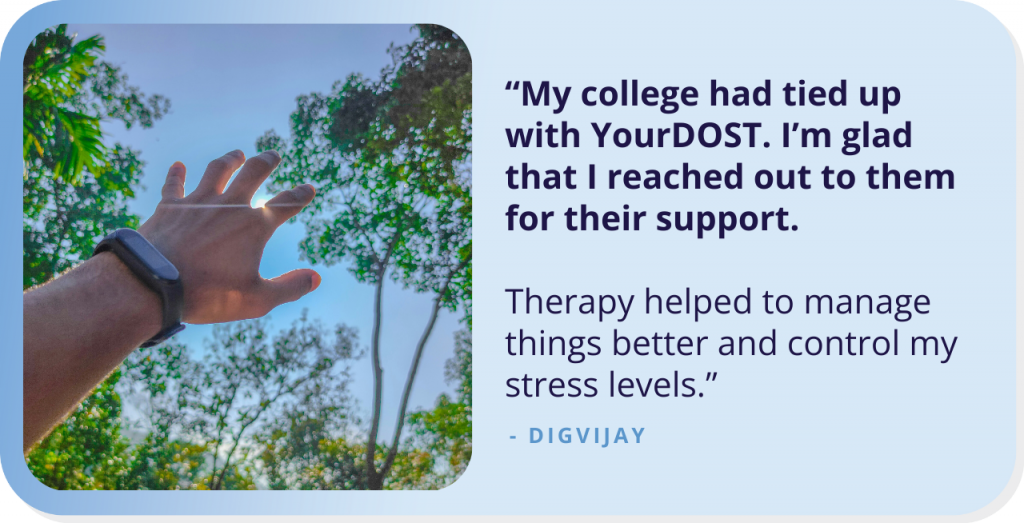
Tips on having tough conversations with friends

Friends are the people who make college life bearable. Scratch that—they make life in general bearable. They’re there for us through the ups and downs, bringing laughter and support along the way. But what happens when a conflict arises, and you find yourself hurt by something they said or did?
Suddenly, you’re sitting in the cafeteria, sipping coffee alone, scrolling through Instagram. You come across a funny meme and instinctively want to share it with your bestie, but you can’t. Instead of addressing the issue, you’ve chosen the silent treatment, avoiding that difficult conversation.
Sound familiar? We’ve all been there at some point, and it’s never a solution. Ignoring the problem only makes things worse. What really helps is having an honest conversation with your friend—though we know that’s easier said than done. But don’t worry! We’ve got some techniques to help you navigate these tricky conversations and keep your friendships intact.
1. The Cushion Blow Technique

As the name suggests, this technique involves approaching the conversation in a way that softens the blow. Remember, this is your friend, and naturally, you don’t want to be too harsh.
How to Use It:
Start by expressing why this conversation is important to you. Let them know that their friendship and support are invaluable and that you want to resolve the issue so your bond can continue. By setting a positive tone from the start, you’re creating a space for open and constructive dialogue.
2. Use the ‘I’ Language Instead of ‘You’ Language

In therapy terms, using ‘I’ language focuses on expressing your own feelings rather than placing blame. For example, saying “I feel disconnected from you lately” is more effective than saying “You don’t give me enough time.”
Why It Works:
The ‘You’ language tends to make people defensive, as it feels like an attack. On the other hand, focusing on how you feel encourages empathy and understanding. This shift in language can prevent the conversation from turning into an argument and keep it solution-focused.
3. Approach It as ‘Us’ vs ‘The Problem’

In any relationship, it’s helpful to take an “us vs the problem” approach rather than “me vs you.” You want your friend to be part of the solution, so it’s important to give them space to share their perspective—one that you might not be aware of.
How to Approach It:
During the conversation, ask questions like “Is this making sense, or is this new information for you?” or “What are your thoughts on this?” These questions give your friend a chance to provide input and help you both work together toward a resolution.
4. Regular Check-Ins for Healthier Friendships

Difficult conversations shouldn’t only happen when conflicts arise. Periodic check-ins can help keep your friendship healthy and prevent issues from snowballing. These conversations don’t have to be frequent, but they can give both of you the opportunity to share concerns and clear the air.
Why It Matters:
Regular check-ins also help you gauge your friend’s reactions. Are they actively listening, or do they get defensive? This information is valuable in understanding whether your friendship is worth further investment or if it’s time to step back.
However challenging these conversations might be, they’re essential for maintaining strong and healthy friendships. By using these techniques, you can approach conflicts with confidence and ensure that your relationships stay meaningful and supportive.







